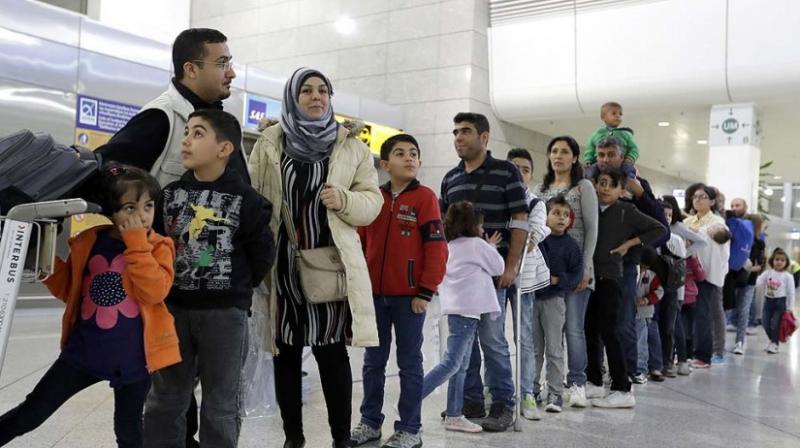Device unlocked: US customs agents are checking more mobiles at airports
According to CBP, agents conducted 60 per cent more searches of travellers' cellphones' in 2017.

As US tightens its immigration and residency laws, a statistical report released by the US Customs and Border Protection (CBP) reveals an increase in the number of cellphones searched by US customs agents in the 2017 fiscal year.
According to CBP, ‘agents conducted 60 per cent more searches of travellers’ cellphones’ in 2017.
“The agency said it searched 30,200 devices, but the inspections affected 0.007 percent of the 397 million travellers - American citizens as well as foreign visitors - who arrived from abroad during the 12-month period that ended September 30,” the Washington Post reported.
CBP said that the searches were not a ‘policy directive’ but conducted in lieu of the fact that electronic devices are important sources of information on looming security threats.
CBP official John Wagner said in a statement, "In this digital age, border searches of electronic devices are essential to enforcing the law at the US border and to protecting the American people."
The agency has issued new guidelines formalizing the procedure for conducting such searches. Under it, travellers selected by the agents will be required to unlock their devices or provide passwords, allowing access ‘only to the physically stored information’ on them.
‘CBP agents would not be allowed to seek information stored externally or on a "cloud" linked to the device,’ the agency said, adding that only photographs, numbers, search, etc would be subject to security.
Americans and travellers asked to hand over their cellphones at airports and border crossings have not taken wholly well to the request in spite of CBP’s continued support for the move, which has justified it as not “an unreasonable violation of privacy right.”
CBP will be using the information they derive from these searches to determine the admissibility of foreign visitors as well as intel on terrorism, child pornography and other criminal activities.
Privacy rights groups in US have appreciated the new guidelines notwithstanding their view of the move as ‘intrusive’ and in breach of constitutional rights.
Civil rights groups seeking to curb device searches filed a suit with the federal government in 2017.
20 per cent of the travellers inspected are US citizens, according to a CBP official adding that the rest are either permanent residents or visitors.
While Americans will have the right to deny turning in their devices, non-citizens who refuse to hand over their cellphones could be sent back.

